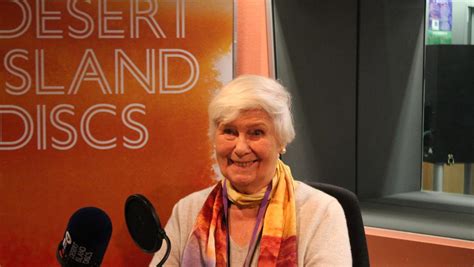A Quote by John Barth
If you are a novelist of a certain type of termperament, then what you really want to do is re-invent the world. God wasn't too bad a novelist except he was a Realist.
Related Quotes
Many novelists say, "I'm not a political novelist" - myself included. That's a standard, even a default position. Whereas that divide between art and politics simply isn't possible in many countries. In Hungary, you couldn't be a fiction writer and then, when asked about politics, put your hands up in the air and say "But I'm not a political novelist." If you're a Chinese novelist, a novelist in a country where censorship is such an issue, how do you claim that politics has nothing to do with your writing? It's in your writing, it's shaping your words.
The thing I love about being a novelist is that with each project, you invent a new world. You approach it with a different set of aesthetic and structural ideas, and you grapple with a different series of problems in figuring out how to tell the story. And yet there are certain concerns that stay constant.
In terms of style, I think the memoirist should have a novelist's skill and all the elements of a novelist's toolbox. When I read a memoir, I want to really, deeply experience what the author experienced. I want to see the characters and hear the way they speak and understand how they think. And so in that way, writing a memoir feels similar to writing a novel.





































